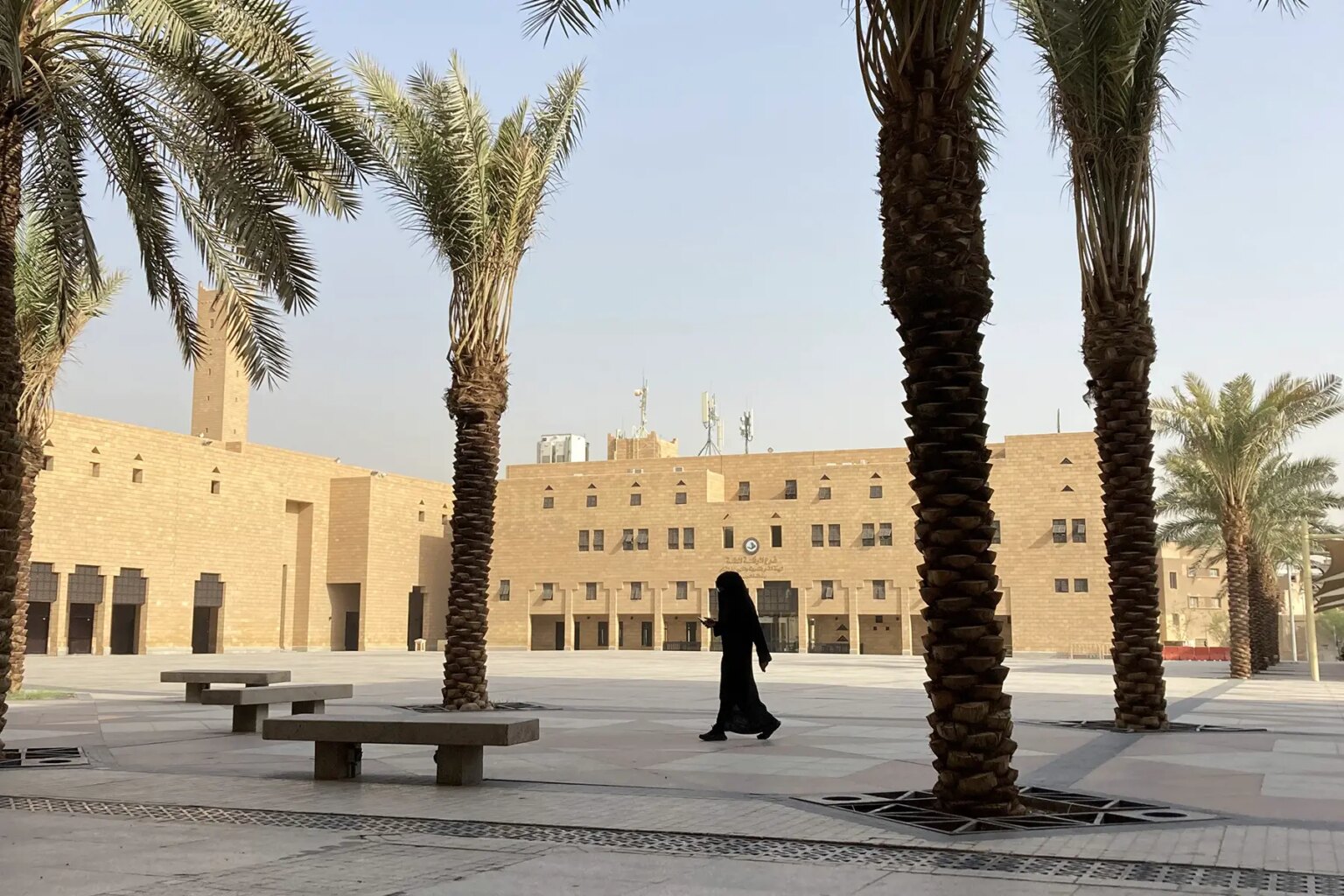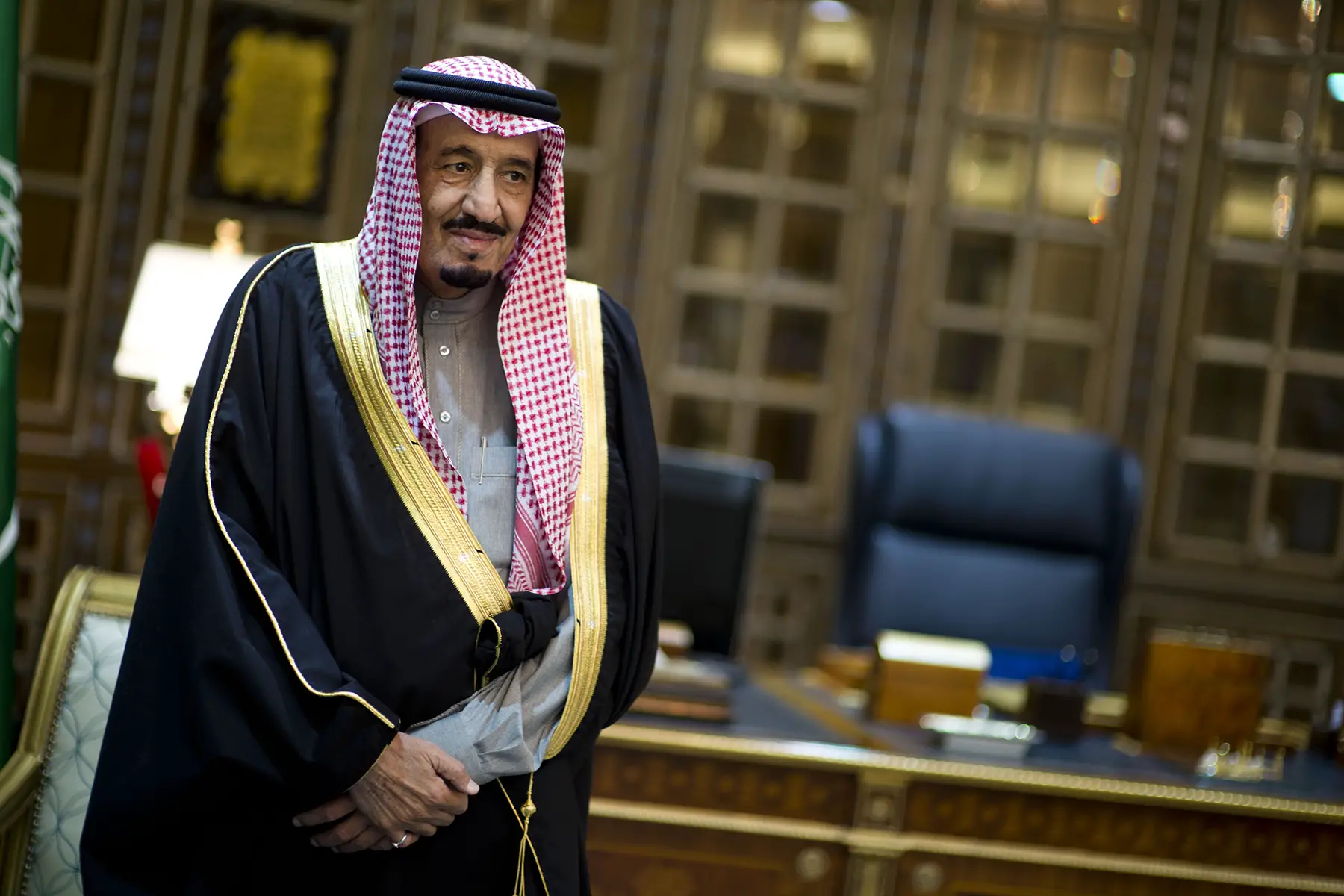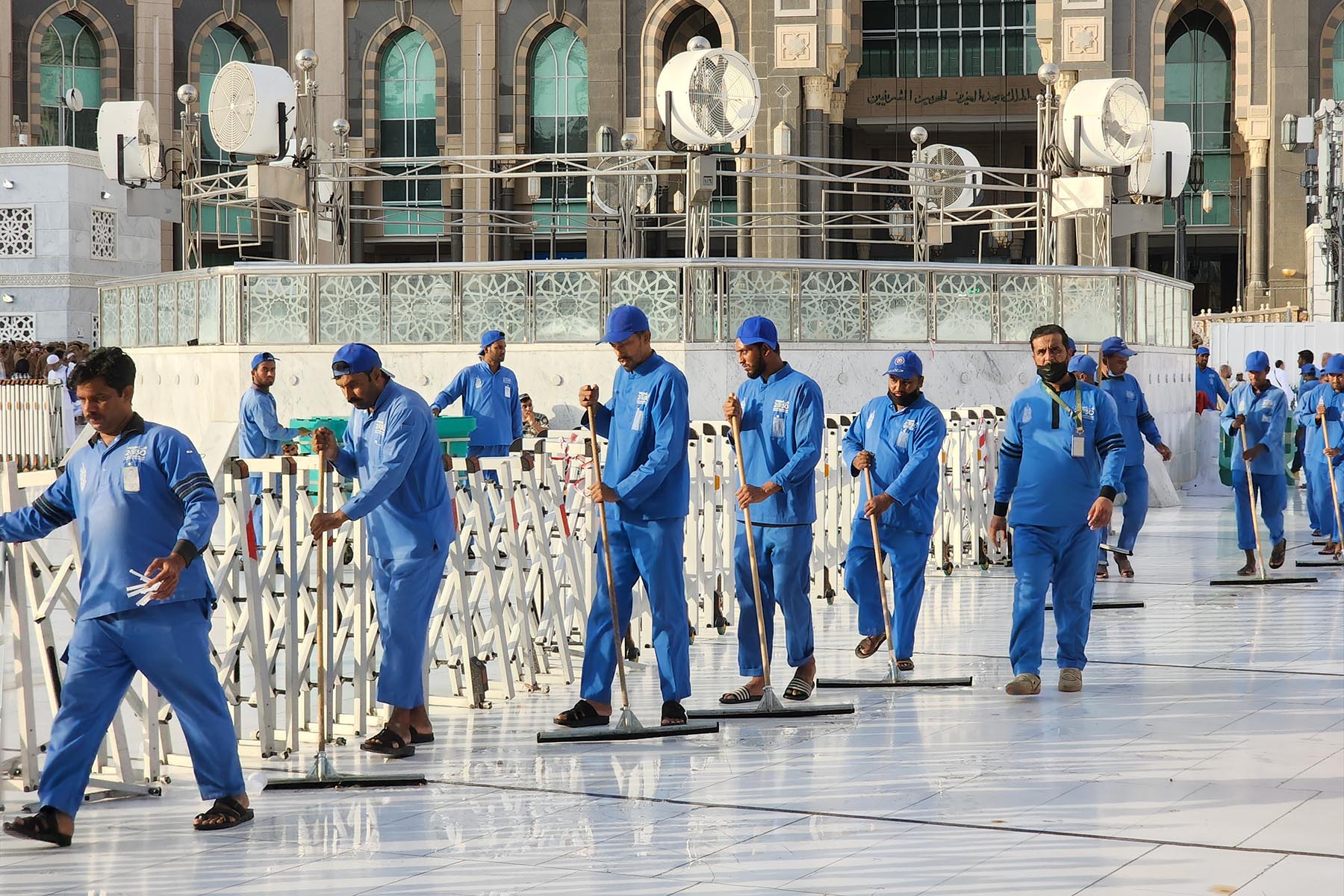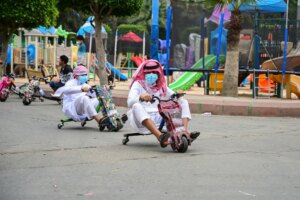Before moving to any country, it is important to understand its position on human and civil rights, especially if relocating to Saudi Arabia. The conservative Middle Eastern country has a government and political system that likely varies drastically from most expats’ home countries.
Below, you’ll find a comprehensive overview of human and civil rights in Saudi Arabia, including the following subjects:
- Overview of human rights in Saudi Arabia
- Saudi Arabia’s civil rights
- Political rights in Saudi Arabia
- Saudi Arabia social and cultural rights
- Workers’ rights in Saudi Arabia
- Saudi women’s rights
- LGBTQ+ rights in Saudi Arabia
- Saudi Arabia disability rights
- Saudi anti-racism and anti-discrimination legislation
- Migrant and refugee rights in Saudi Arabia
- What to do if your rights are abused or restricted in Saudi Arabia
- Useful resources
Ground News
Get every side of the story with Ground News, the biggest source for breaking news around the world. This news aggregator lets you compare reporting on the same stories. Use data-driven media bias ratings to uncover political leanings and get the full picture. Stay informed on stories that matter with Ground News.
Overview of human rights in Saudi Arabia
Saudi Arabia is a wealthy oil-exporting monarchy in the Middle East that has long faced criticism from governments and international organizations alike for its position on human rights. Although it has made slight progress in some areas, it still receives international condemnation for its abuses and draconian restrictions on personal freedoms.
The Kingdom was one of eight countries that abstained from voting on The Universal Declaration of Human Rights (UDHR). In 1948, the UN General Assembly adopted the UDHR, a milestone common standard that sets out fundamental human rights to be universally protected. However, Saudi Arabia said it violated Sharia Law, the religious concept of Islam upon which its society is built. Articles 16 and 18 were its causes of concern, with the first stating everyone has the right to “change his religion or belief” and the latter condoning freedom of marriage.
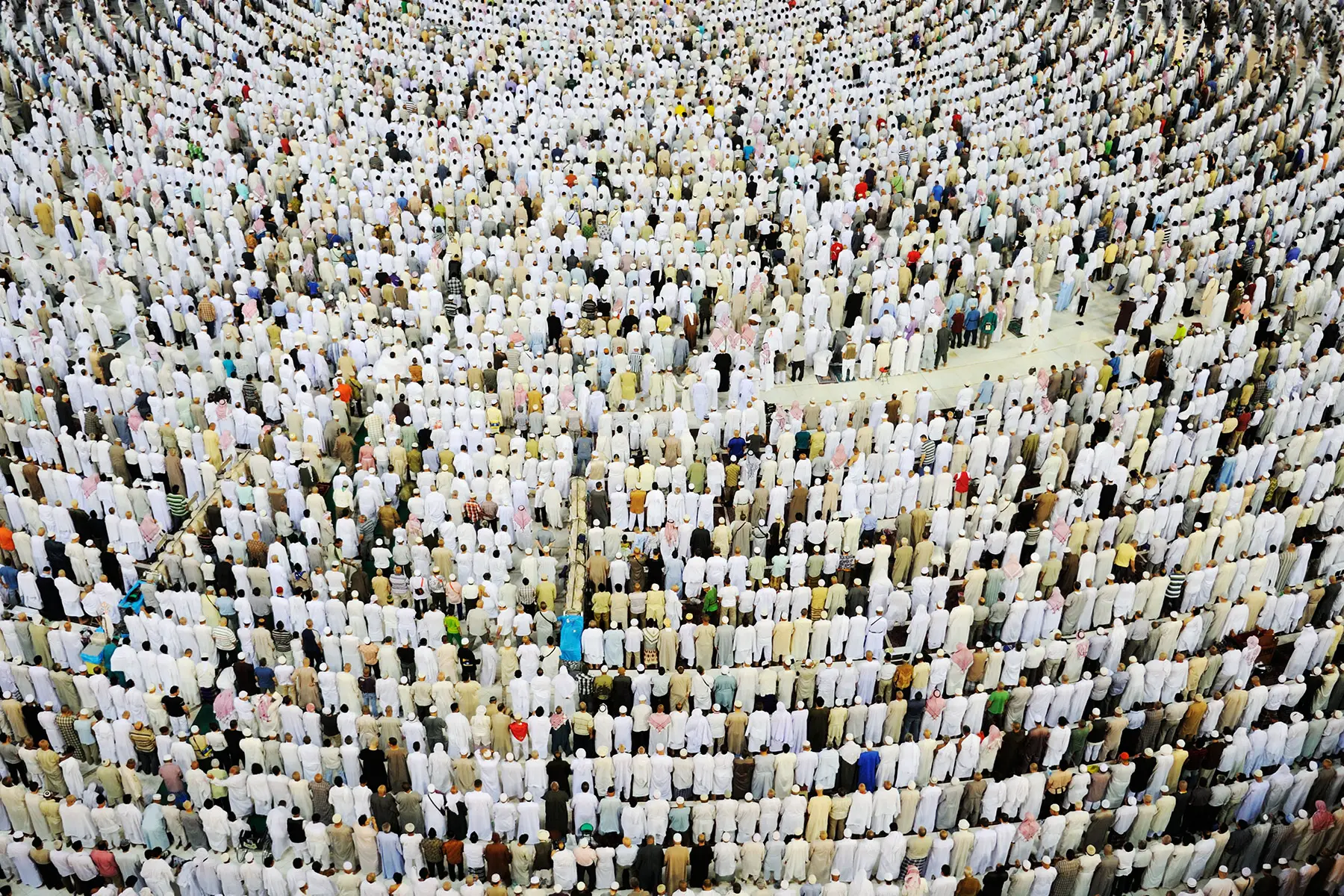
Saudi Arabia later refused to comply with other human rights documents, including the International Covenant on Civil and Political Rights. It is, however, a member of three international human rights treaties: the Genocide Convention, the Slavery Convention, and the Supplementary Convention on the Abolition of Slavery.
The country ranked 159th out of 165 in the Cato and Fraser Institutes’ 2022 Human Freedom Index (PDF).
Saudi Arabia’s civil rights
Human rights are those afforded to everyone simply for being alive. Meanwhile, civil rights are those afforded to people for being a member of a particular political state. Just like with human rights, Saudi Arabia has one of the world’s worst reputations for its position on civil rights. For that reason, internationals should understand them before relocating there.
The Saudi monarchy offers little freedom to citizens in many areas of their lives. The government strictly cracks down on freedom of speech and press, and the country ranked 170th out of 180 countries in Reporters without Borders’ 2023 World Press Freedom Index.
The Saudi government controls domestic media and relies heavily on the surveillance of its citizens. Efforts to speak out against the monarchy face harsh punishments, such as jail time or even the death penalty.
There are several high-profile cases relating to journalists and media professionals. For example, in March 2022, the government released Saudi blogger and rights activist Raif Badawi from prison. He was jailed for 10 years and was flogged 50 times for his activism. The government did, however, end flogging for some crimes in 2020.
In 2018, Jamal Khashoggi, an exiled Saudi journalist who spoke out against his country’s government, was assassinated in Istanbul. The government denied its involvement. However, a 2021 US intelligence report concluded that Saudi Crown Prince Mohammed bin Salman approved the murder.
Saudi law says no person should be subjected to “any torture or degrading treatment.” However, there are numerous accounts of prisoners being tortured. Additionally, the government strictly limits independent human rights and legal organizations from accessing prisons.
Judicial System
The judiciary in the Kingdom has very little independence in practice. Judges have significant power and discretion in how they interpret Sharia Law. Defendants’ rights in Saudi Arabia are poorly protected. The country’s law states it offers the assistance of a lawyer or a representative to an accused person.
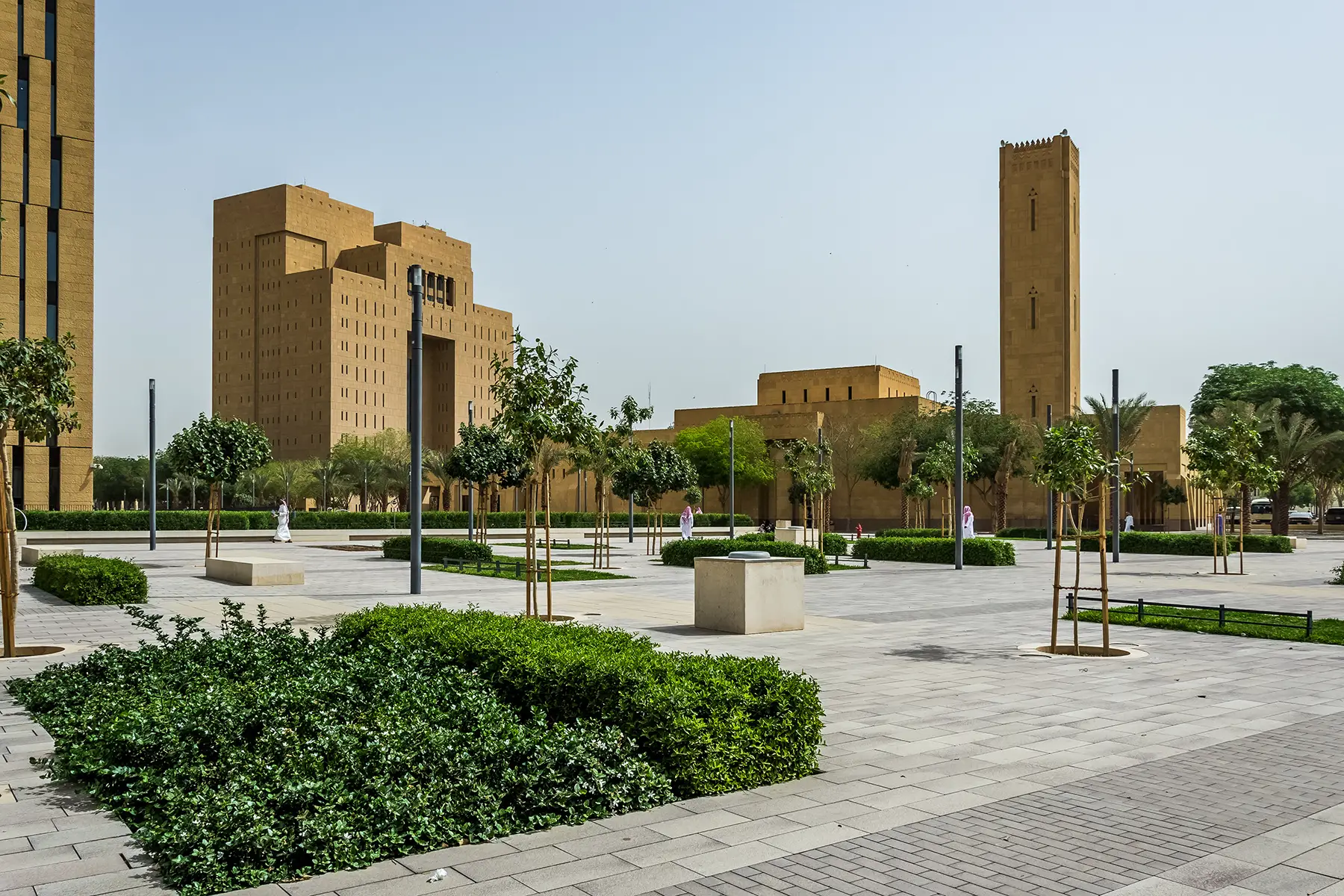
However, Freedom House says the government often denies defendants access to legal counsel and holds them for long periods before their trial. It notes that due process is notably lacking in death penalty cases. A 2014 antiterrorism law gave authorities further power to punish anti-government activity.
Expats who find themselves entangled in the Saudi judicial system should contact their embassy or an international human rights organization for advice.
Political rights in Saudi Arabia
The Saudi government heavily restricts political rights, which can come as a shock to newcomers from democratic countries.
Saudi Arabia is a monarchy led by its Prime Minister and King Salman bin Abdulaziz al Saud, sometimes known as Salman of Saudi Arabia, who came to power in 2015. He oversees the Council of Ministers, which is in charge of the country’s home and foreign policies. Saudi Arabia has no political parties, and those forming rebel political movements face harsh punishments. The judicial system is based on Sharia Law for civil and criminal cases.
Citizens do vote for municipal councils, but they have limited decision-making powers. In 2015, Saudi Arabia gave women the right to vote and stand as candidates in the municipal elections, resulting in a small number of women in political office. Non-citizens have no political rights in Saudi Arabia.
The Saudi government postponed the elections scheduled to take place in 2019 indefinitely without a clear explanation.
Saudi Arabia social and cultural rights
Social and cultural rights in Saudi Arabia can vary significantly from those in internationals’ home countries. The wealthy nation offers a range of social welfare to citizens, including support for people with disabilities, the elderly, the unemployed, and orphans, according to the government website. Non-Saudis, however, do not have these public benefits.
The country also offers free public healthcare to all its citizens. However, expats living in the Kingdom must have private medical insurance. Similarly, the public education system is open and free to all Mulsim citizens. For that reason, many expats choose private international schools for their children.
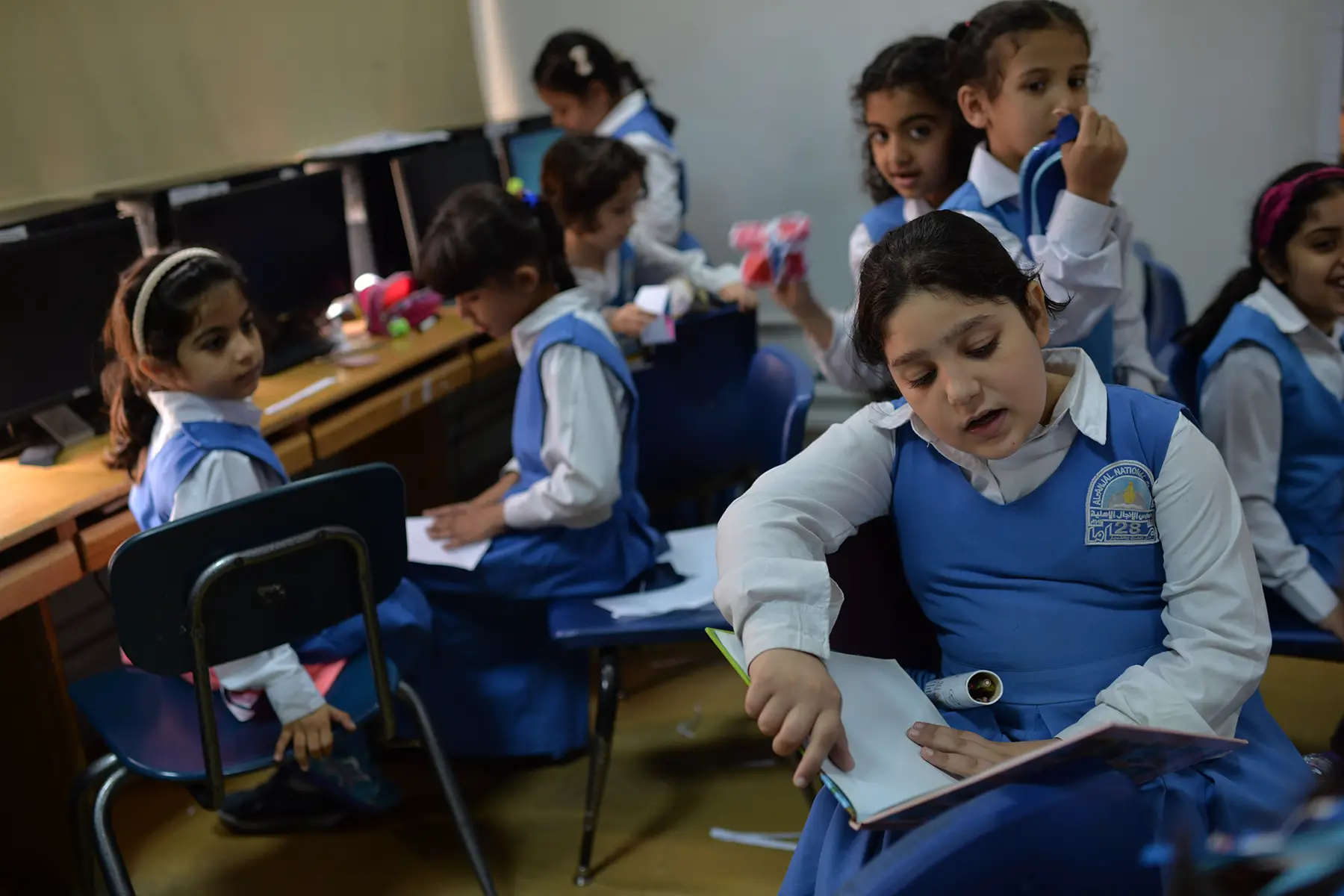
The government doesn’t mandate pensions in Saudi Arabia, but many large companies offer some pension plan for expat employees.
There are also cultural restrictions in Saudi Arabia that could take foreigners by surprise. Islam is the country’s official religion, according to the 1992 Basic Law. The government forbids the practice of other faiths in public.
Workers’ rights in Saudi Arabia
Internationals interested in working in Saudi Arabia will need a residence permit (Iqama). The permit allows them to work for up to two years. They also need a Saudi employer to act as their sponsor, and a work visa.
Foreign workers make up more than half of Saudi Arabia’s active labor force. According to Freedom House, they have limited legal protections in Saudi Arabia and are vulnerable to trafficking and forced labor. This largely stems from the country’s visa sponsorship system (kafala), which gives employers excessive power over their employees.
The Ministry of Labor introduced limited reforms to its sponsorship system in March 2021, meaning that some foreign workers can leave the country without the permission of their sponsors. However, the reforms did “not go far enough,” according to Human Rights Watch. The change only applies to certain workers, and the government still must approve them leaving the country.
Generally, workers enjoy few rights in Saudi Arabia compared to those in most expats’ home countries. For example, the government strictly forbids people from joining a union or going on strike.
Saudi women’s rights
Women’s rights in Saudi Arabia have improved over the years, but they still lag far behind those of men. It is important that expats understand these rights before moving to Saudi Arabia.
The country has a guardian system whereby each woman must have a guardian, such as a father, brother, son, or another male relative. Their guardians must accompany them in various parts of their lives, including when they travel, study, and marry.
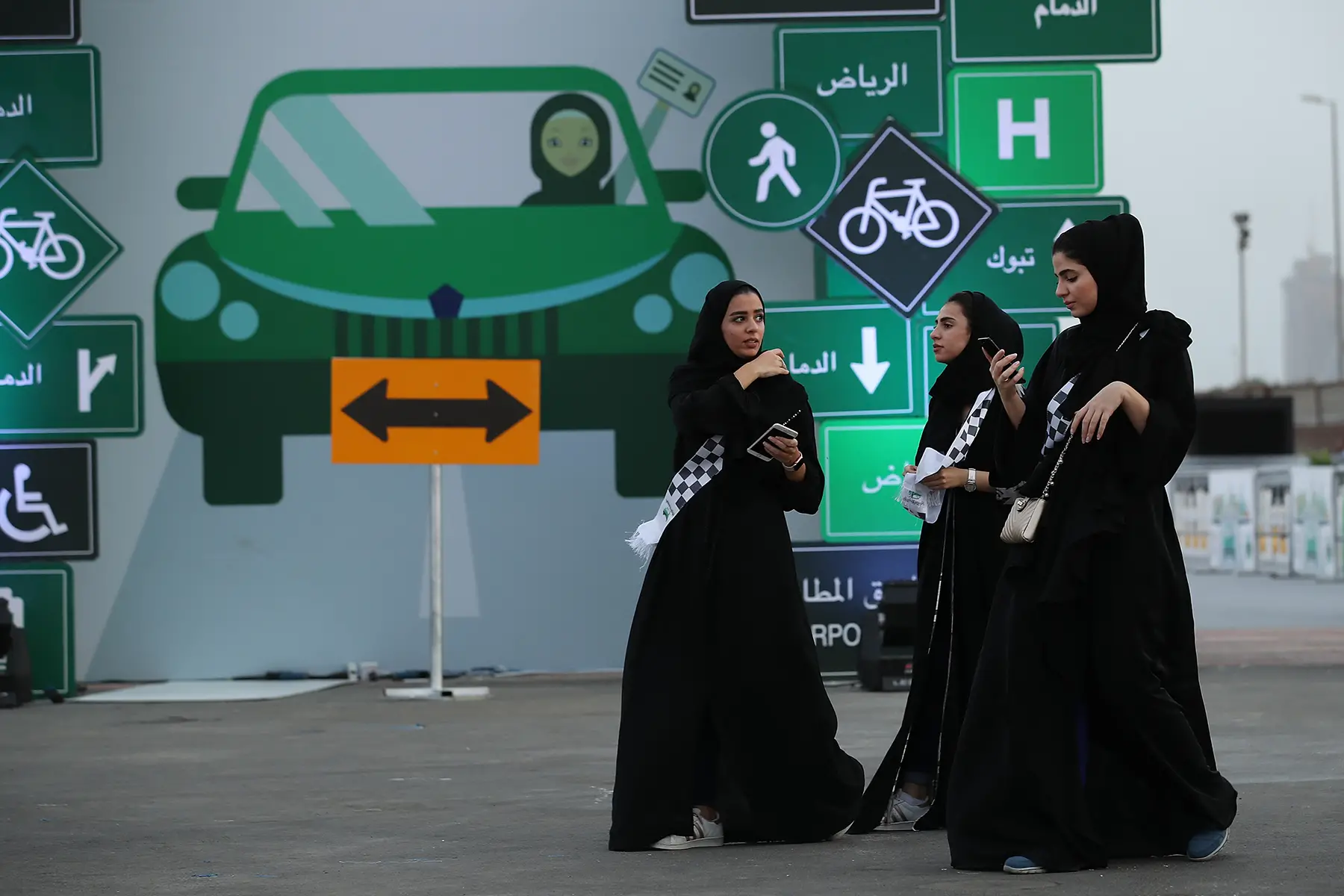
Saudi Arabia has taken steps to improve women’s rights but at a very slow pace. In 2006, women could get ID cards without their guardian’s permission for the first time. The 2015 municipal elections were the first time women could vote and stand as candidates. In 2018, women were granted the right to drive.
Despite that progress, women still face massive restrictions in their personal and public lives. Women can apply for work, but if they are on their husband’s work permit, they must receive his permission as their guardian. Women can work in most fields, however, some occupations, such as construction work, are deemed not “suited to their nature.” Similarly, women can buy or rent a property, but face challenges if they don’t get approval from their guardian. Saudi Arabia ranked 131st out of 146 in the World Economic Forum’s 2023 Global Gender Gap Index.
LGBTQ+ rights in Saudi Arabia
There are also severe restrictions on the rights of lesbian, gay, bisexual, and transgender (LGBT+) people in Saudi Arabia. Same-sex marriage is illegal and the government does not recognize LGBT+ rights, as they are considered to be at odds with Sharai Law.
Punishments for acts of homosexuality can range from imprisonment to capital punishment. According to Freedom House, no domestic NGO openly advocates for LGBT+ rights in the Kingdom.
Saudi Arabia disability rights
Saudi Arabia provides support for people with disabilities. In 2008, the Kingdom became one of the first Arab States to accede to the Convention on the Rights of Persons with Disabilities and its Optional Protocol. Saudi Arabia’s Basic Law of Governance says the state “shall guarantee the right of the citizen and his family in emergencies, sickness, disability, and old age.”
According to a 2019 report (doc) by the Office of the United Nations High Commissioner for Human Rights (OHCHR), “Saudi Arabia is one of the leading Arab countries in the protection of the rights of persons with special needs.”
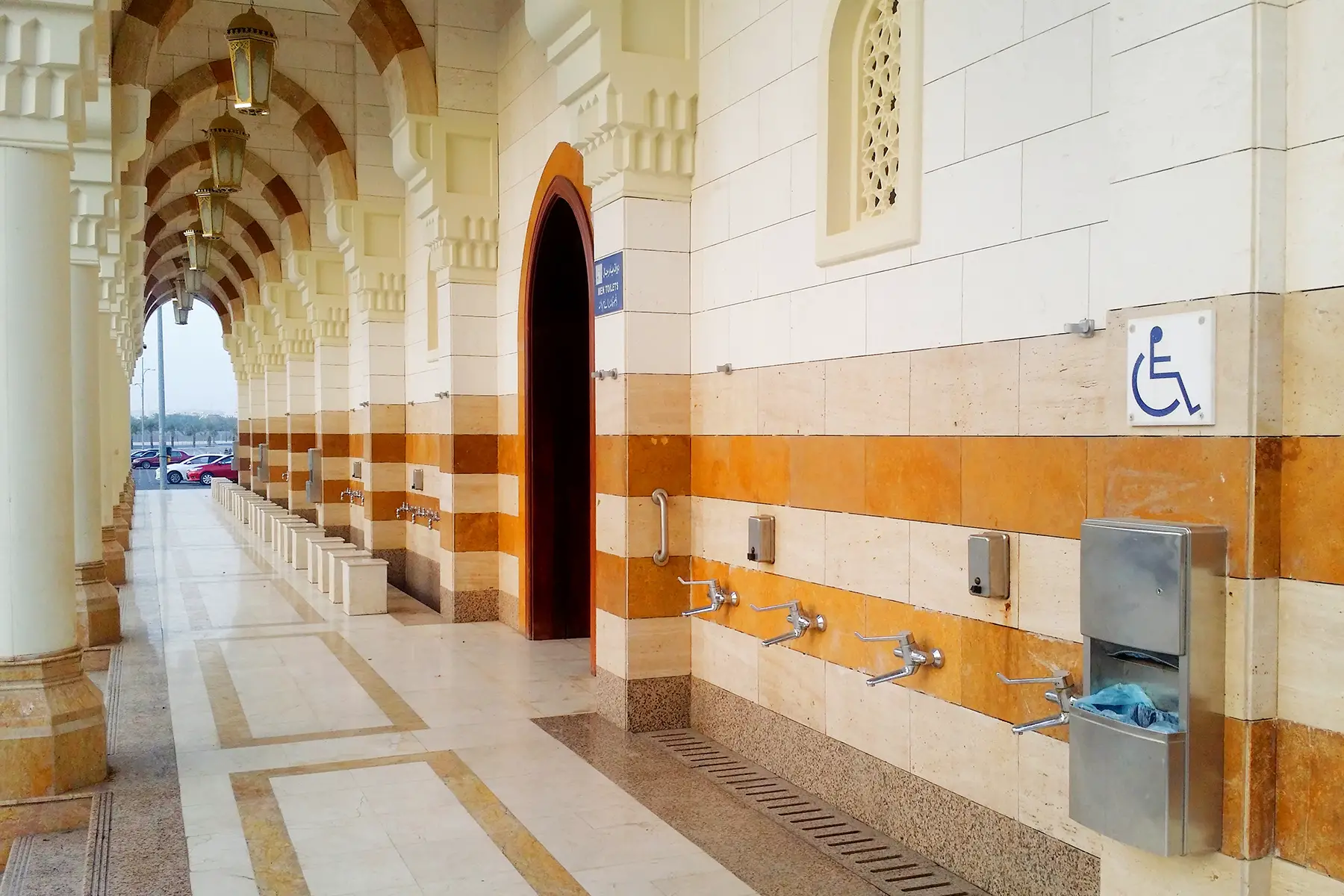
Specific support includes including people with disabilities in education and employment and ensuring their independence and integration. The Kingdom also aims to make cities more accessible in the coming years.
Despite these measures, certain groups of disabled people, such as women, children, and those with psychosocial and intellectual disabilities, still face discrimination. They are also at risk of institutionalization.
Saudi anti-racism and anti-discrimination legislation
Saudi law requires all state agencies “to do justice to a person” regardless of religion, race, gender, or nationality. Additionally, article 3 of the country’s labor law prohibits “discrimination on the bases of gender, disability, age, or any other form of discrimination.”
Despite this, there are common reports of discrimination at work and elsewhere in society in Saudi Arabia. Those facing discrimination include women, LGBT+ people, non-Muslims, and Muslim religious minorities such as Twelver Shia and Ismailis.
Migrant and refugee rights in Saudi Arabia
Human rights organizations have long criticized Saudi Arabia for its treatment of migrant workers and asylum seekers. The country has millions of migrant workers, despite its efforts to build its domestic workforce. There are regular reports of abusive working environments rooted in the excessive power of employers in the visa sponsorship system. In addition, there is evidence of forced labor, low or delayed wages, passport confiscation, and other abuses.
Saudi Arabia held hundreds of mostly Ethiopian migrant workers in a deportation center in Riyadh, according to a 2020 report by Human Rights Watch. The conditions were “so degrading that they amounted to ill-treatment,” according to the report. Saudi Arabia is not a signatory to the 1951 Refugee Convention and does not have an asylum system.
What to do if your rights are abused or restricted in Saudi Arabia
If your rights are abused or restricted in Saudi Arabia, you should contact their country’s embassy, an international human rights organization, or the United Nations Human Rights Office of the High Commissioner.
The Saudi government created a Human Rights Commission in 2005 by the decision of the Council of Ministers. The agency says it is “concerned with the protection and promotion of human rights in accordance with international standards in light of the provisions of Islamic law.” However, it is unclear just how the commission operates, and based on the country’s history of human rights abuses and the commission’s direct link to the government, it should be treated with caution.
Similarly, the country has a National Society for Human Rights (NSHR), which describes itself as a “non-governmental institution that has no affiliation with any government entity.” However, the government has strict control over the commission and the information it disseminates.
Saudi human rights organizations
Saudi Arabia has few independent human rights organizations:
- The Human Rights First Society (HRFS) – NGO and non-profit seeking to promote human rights
- The Saudi Civil and Political Rights Association (ACPRA) – also known as HASEM, this organization aims to promote human rights awareness, calling for legal institutions and protections for minority rights
Useful resources
- Freedom House – Freedom in the World 2023 Country Report
- OHCHR Regional Office of the Middle East and North Africa (MENA) – news on human rights in Saudi Arabia
- Saudi Human Rights – government pages on human rights
